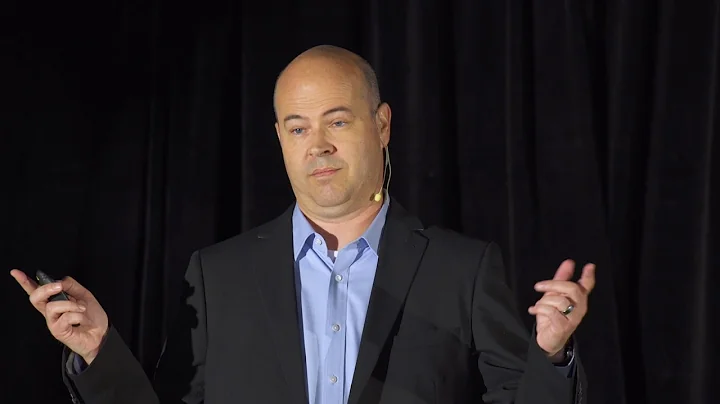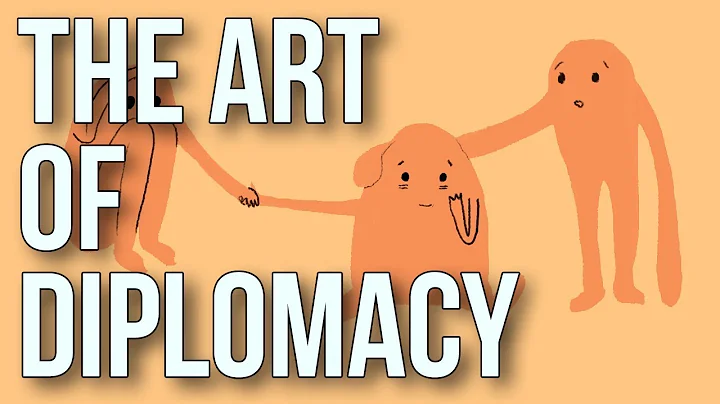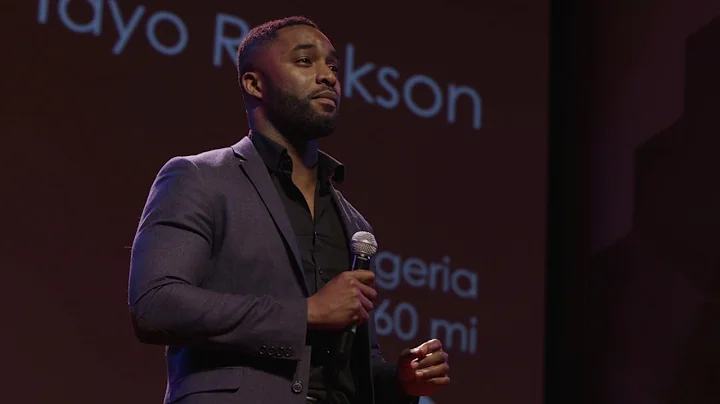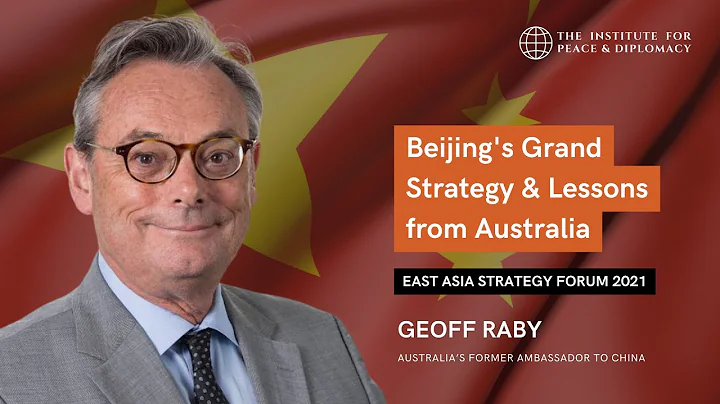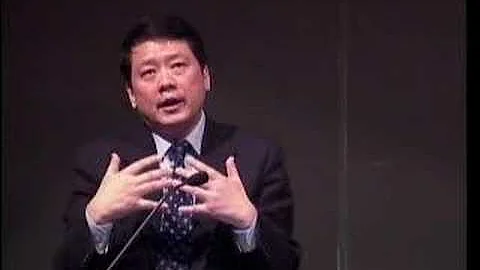titles have always been the most direct way for people to express their feelings about things, and the same applies to people. For example, in diplomacy, the warmth and warmth of diplomatic relations between two countries can be read from various titles. When China and the Soviet Union had good relations, the leaders addressed each other as "comrade". However, in 1963, the Soviet Union deliberately avoided the title of "comrade" and used unsigned congratulatory messages.
This is actually an expression of dissatisfaction with our country's leaders, and also heralds a change in the relationship between the two countries. Similar incidents have also occurred within the country. After a turbulent ten years, many people in China began to change their evaluation of Chairman Mao, and "how to call him" has also become a confusion in many people's minds.

On this issue, in 1981, Hu Qiaomu and Huang Kecheng gave different "answers", and there were some differences between the two. Hu Qiaomu advocated changing the original title, that is, "Chairman Mao" to "Comrade Mao Zedong", while Huang Kecheng believed that changing it to "Comrade Mao Zedong" was emotionally unacceptable and demanded that it be changed to "Chairman Mao".
Just when the two were arguing, Mr. Deng gave his attitude. He said "recover", which means that he is on Huang Kecheng's side on this issue. So, on what basis did Princess Deng decide to continue to use the title "Chairman Mao"?

Huang Kecheng's evaluation of Chairman Mao
Huang Kecheng is one of the founding generals of our country. He has made outstanding contributions to our country's revolution and construction, and has a certain status within the party and the military. At the same time, he was an eyewitness and even a "victim" of the ten years of turmoil. Therefore, his evaluation of Mao Zedong in 1981 would also have a certain impact on public opinion inside and outside the party.
Huang Kecheng was born in 1902. At first, he was just a child of a peasant family in Qingcun, Santang Township, Yongxing County, Hunan Province. He even had to rely on relatives for assistance before he could enter private schools and schools.

After broadening his horizons and enriching his knowledge, Huang Kecheng was able to recognize social reality more clearly, and began to consciously think about the value of his own life and the destiny of the country and nation. He realized that only by embarking on the path of "revolution" could millions of Chinese compatriots lead the way to light.
Later, his exposure to Marxist ideas and participation in the patriotic student movement made Huang Kecheng gradually move closer to the Communist Party of China in terms of thoughts and actions. This also made Huang Kecheng, who graduated from Hunan Provincial No. 3 Normal School in Hengyang in 1925, choose to join the Communist Party of China and began his life of "loyalty to the Party and love for the people."

When Huang Kecheng joined the CCP, the CCP was in its early stages of development. Therefore, Huang Kecheng can be said to have experienced many processes of the development of the CCP. He can be seen in the subsequent Agrarian Revolution, Anti-Japanese War, and Liberation War.
Such a person who firmly follows the party will naturally have deep feelings for the party and Chairman Mao who leads the party. Therefore, out of loyalty to the party, he was also the one who stood up early and raised objections.
Unfortunately, because of this move, he suffered cruel persecution during those turbulent years. It was not until February 1978 that he was vindicated by the party.

After Huang Kecheng escaped from the persecution, he may have had some resentment for a short time, but he definitely did not hate it. After realizing that under the conscious guidance of Western public opinion and public opinion in Hong Kong and Taiwan, some abnormal remarks had appeared in society and within the party, he still decisively stood on the overall situation and firmly expressed his defense of Chairman Mao and his support for Chairman Mao. the persistence of Mao Zedong Thought.
This idea was reflected in his speech at a symposium held by the Central Commission for Discipline Inspection in November 1980. At the meeting, Huang Kecheng said, "Chairman Mao is the leader who leads us out of dire straits and towards a happy life." This sentence set a major tone for his subsequent speech, which was to resolutely safeguard Chairman Mao's historical status.

When he said that Chairman Mao should be evaluated comprehensively and scientifically instead of acting on impulse, many participants changed their initial anger and slowly became silent and reflected.
In order to make this speech have a greater impact within the party and society, Huang Kecheng later called Hua Nan, deputy director of the General Affairs Department, to discuss how to compile the speech into a manuscript and publish it in the military newspaper. The latter strongly supports this proposal.
However, when the manuscript received replies from the General Political Department and the newspaper office, and was reported to Comrade Deng Xiaoping for approval, Comrade Deng Xiaoping, for the sake of safety, proposed that Hu Qiaomu, the president of Xinhua News Agency, , needed to make the final check on the text. Hu Qiaomu disagreed with Huang Kecheng precisely on the title of Chairman Mao.

Hu Qiaomu’s title for Chairman Mao
Hu Qiaomu was the president of Xinhua News Agency and the dean of Chinese Academy of Social Sciences. At the same time, he also had another identity, that is, the secretary who had worked with Chairman Mao for 28 years. When
reviewed the article submitted by Huang Kecheng, in order to have better layout, he added a general title and subtitles to the original article. This is obviously more convenient for readers to read and helps readers grasp the main content. So Huang Kecheng has no objection.

However, when Hu Qiaomu changed "Chairman Mao" throughout the article to "Comrade Mao Zedong", Huang Kecheng raised firm objections.
Huang Kecheng said that he "couldn't handle it emotionally" if it was changed to "Comrade Mao Zedong", and that "Chairman Mao" would be a better title. But Hu Qiaomu also felt that the word "comrade" could not go wrong anywhere. Neither could convince the other. In this way, the final decision-making power fell into the hands of Deng Xiaoping.

Deng Xiaoping made the final decision
The differences between Huang Kecheng and Hu Qiaomu on the titles "Chairman Mao" and "Comrade Mao Zedong" were soon known to Comrade Deng Xiaoping.
The latter believes that a title is never a simple title, but an attitude. In this way, calling this first-generation leadership core "Chairman Mao" or "Comrade Mao Zedong" expresses different attitudes toward him.
Deng Xiaoping deeply realized that how to evaluate Chairman Mao’s historical status and the history of Chairman Mao’s leadership period has always been “not just a theoretical issue”, but “a political issue, a major international and domestic political issue.” You know, the Soviet Union suffered a big loss on this issue.

In the late last century, the American anti-communist strategist Zbigniew Brzezinski suggested that Soviet liberalists concentrate their efforts on "total negation" of Stalin. He said that once Stalin is completely negated, the history of the Communist Party of the Soviet Union and the Soviet regime will be untenable. In this way, the ruling status and leadership role of the Soviet Communist Party will lose its historical basis.
This is indeed the case. When the Soviet liberalists really fell into the trap of the United States, the Soviet Union ushered in the historic tragedy of the disintegration of the Communist Party of the Soviet Union and the collapse of the Soviet Union.

It is precisely because of the in-depth understanding of this historical process that when the United States attempted to "conquer" China using the same method, the vast majority of sober people in the CCP firmly stood for "maintaining Mao Zedong's historical status" and "adhering to Mao Zedong Thought" "On this front. Deng Xiaoping is no exception.
In Huang Kecheng's article, when he decided to restore the title of Mao Zedong to "Chairman Mao", he made his attitude clear.
In this way, the manuscript that had been shelved due to differences between Huang Kecheng and Hu Qiaomu was quickly finalized and officially published in the "Liberation Daily". People at home and abroad can clearly see the attitude of the CCP from this article and the title given to Chairman Mao.

Summary:
There is not much difference between the two titles "Chairman Mao" and "Comrade Mao Zedong" literally, but there is a big emotional gap. "Chairman Mao" is the affectionate name given by the Chinese people to Mao Zedong, who led the party to establish New China. It has been used repeatedly since the founding of the People's Republic of China.This also makes it represent the people's affirmation and support for Mao Zedong to a certain extent.
Therefore, when the party has set the general tone of safeguarding Chairman Mao’s historical status and adhering to Mao Zedong Thought, it will be more effective to restore the title to “Chairman Mao” than to use a bland title of “Comrade Mao Zedong” that does not show attitude. It is conducive to expressing the support position of the people and the party.




